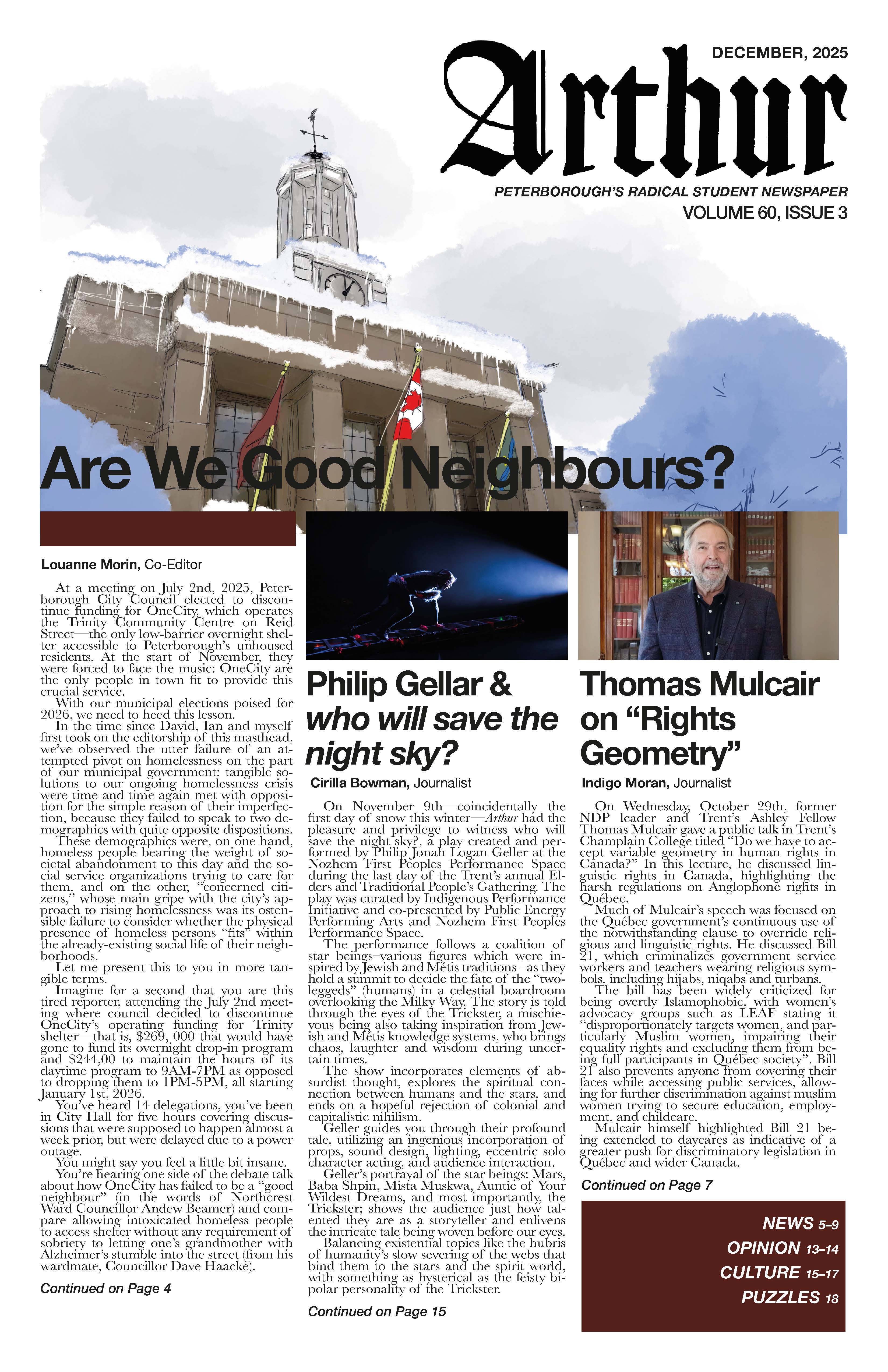I’ve always been slightly suspicious of social media since I first encountered the original concept via listservs and newsgroups used by academics on the predecessor of the Internet called ARPANET. That’s because I value my privacy too much. At that time, you had to be working on university, business, or government computer networks to access e-mail and listservs which brought together researchers with common goals and interests. It was only with the creation of the World Wide Web by Tim Berners-Lee in 1990 that the public got firsthand access to The Internet, and it became an advertiser’s wet dream. Berners-Lee only envisioned his hyperlinked GUI sites as an expansion of an academic research network for scientists and other researchers. I’m not sure that Tim would have released the model if he had known how dangerous this network would become in the wrong hands. Ironically, he worked at the CERN particle physics lab in Switzerland at that time, in the same country where Einstein formulated his theories which led to splitting the atom and the creation of the bomb. Both developments had unintended consequences, and they were funded by the military-industrial complex.
Roger McNamee’s title Zucked was released in 2019 at a time when he was a very high-profile individual. I recall him being interviewed on CNN when the Facebook/Cambridge Analytica scandal broke in March 2018. McNamee is not a crusading investigative journalist or non-fiction author capitalizing on a hot topic. Instead, he is one of the early founding venture capitalists who invested in Facebook and was also a personal business coach/mentor to Mark Zuckerberg when he was a 22-year-old Harvard drop-out with a concept.
The volume begins with a chapter entitled, “The Strangest Meeting Ever,” which describes their initial meeting in 2006. McNamee interviewed Zuckerberg who sat in his office for a full five minute “think” before making a statement about his vision for the company. Despite this rocky start, McNamee guided the development of the company and he invested in the startup at a particularly crucial time.
McNamee continued to support Facebook until February 2016 when he first observed problems arising online during the Presidential primary race between Hillary Clinton & Bernie Sanders. He immediately reached out to Zuckerberg and Facebook COO Sheryl Sandberg to express his concern about “bad actors” manipulating election races. He was not satisfied by their assurance that Facebook would investigate this matter and take it seriously. Subsequently McNamee wrote an op-ed piece, reproduced in the appendix to the book, outlining his observations about the discrepancy between the ideals of the corporation and the growth at any cost business plan which was becoming obvious.
Zuked tells a a complicated and labyrinthian story that leads from a college dorm room to a massive corporation with global reach worth billions and influencing over two billion people every single day. That’s a lot of control in the wrong hands. While we recall the “bad actors” as Russian hackers and operatives named in a US Justice Department inditement released on Friday the 13th, 2018 Facebook, the Social Media Network that provided the tools for anyone willing to pay for access to personal details of users, that is ultimately at fault.
The motto of the company from the beginning was “move fast & break things” which sums up the growth at any cost philosophy behind the smiling face. The technical term is “growth hacking” which McNamee describes: “in the world of growth hacking, users are the metrics not people. Before long, Facebook’s surveillance capabilities rivalled those of an intelligence agency.”
McNamee teamed up with a former Facebook design ethicist Tristan Harris to get the word out in public and appeal for government legislators and regulators to investigate the techniques used by internet platforms including Twitter, YouTube, Instagram, and Snapchat as well as the controlling group identified as FAANG for Facebook, Apple, Amazon, Netflix & Google. The industry approach is characterized as follows: “The platforms prey on weaknesses in human psychology, using ideas from propaganda, public relations, and slot machines to create habits, then addiction. Tristan called it ‘brain hacking.”
Zuckerberg had a very cavalier attitude to personal privacy right from the beginning. Business Insider recounts an exchange with a Harvard friend who expressed surprise that students would just hand over their data so easily - “I don’t know why. They trust me. Dumb fucks.” The result of this trust, according to McNamee, seems to be that “Thanks to Facebook’s extraordinary success, Zuck’s brand combines elements of rock star and cult leader.”
What is most frustrating for McNamee and those attempting to get this “runaway train” under control is the fact the privacy is not protected by the U. S. Constitution. In addition, regulation of the IT industry was eliminated entirely in the rush to enact Reaganomic/Libertarian rules during all administrations both Democratic and Republican for the last 40 years.
Steve Bannon and the friendly folk at Cambridge Analytica “harvested and misappropriated” eighty-seven million Facebook user profiles and merged the data with Voter Lists covering 13% of the voting population in the 2016 election and thereby guaranteeing Trump’s election as president. To date, no one, including Mr. Bannon, has ever been charged and the company quietly retired its charter in 2018. Facebook is like a black hole, generating $40B dollars annually while invading people’s privacy. George Orwell would recognize this scenario. I recommend re-watching The Social Network (2010) which really captures what Zuck was in 2004 and what he still is today – “an asshole.”


.png)


.jpg)


.jpeg)



.jpg)

.jpg)

.jpg)





.jpg)


.png)